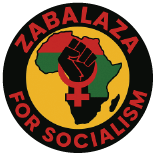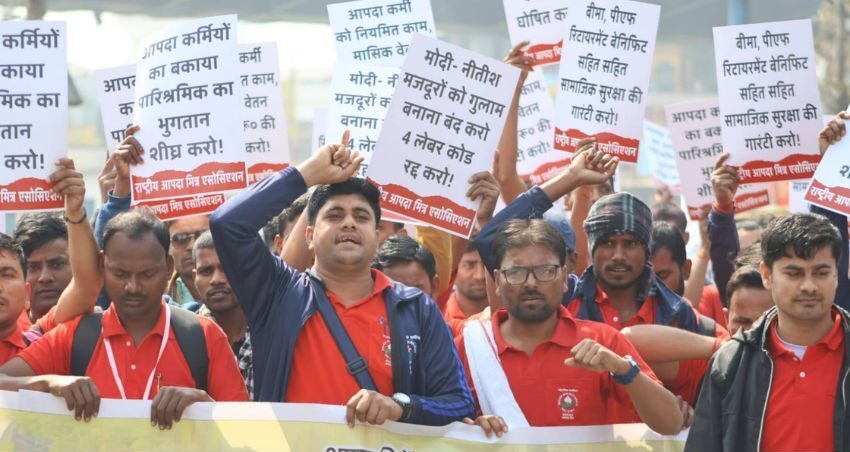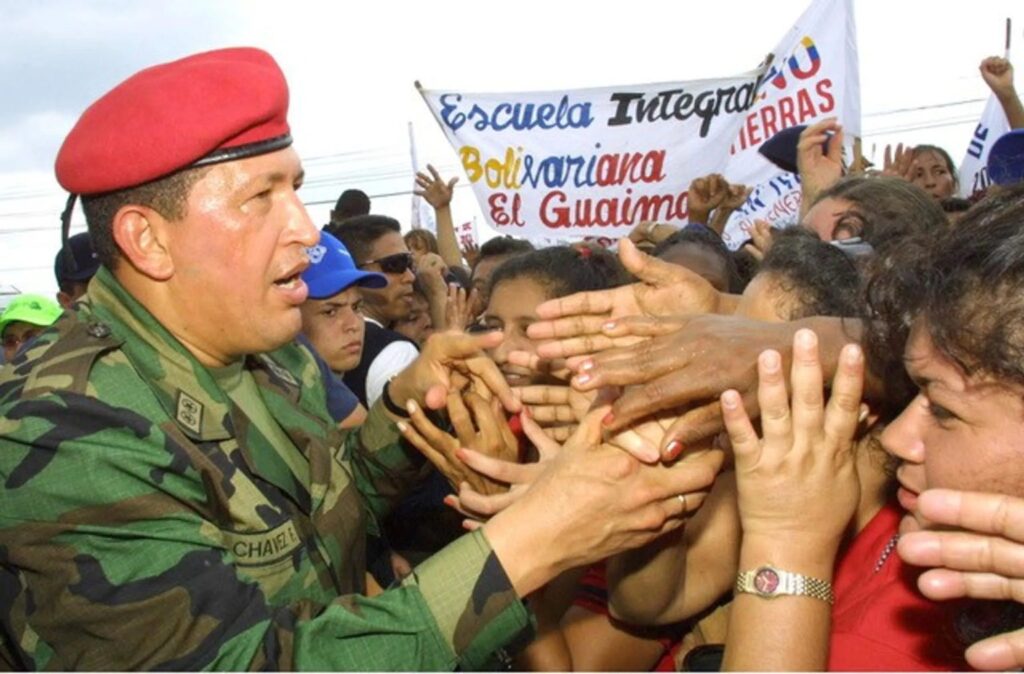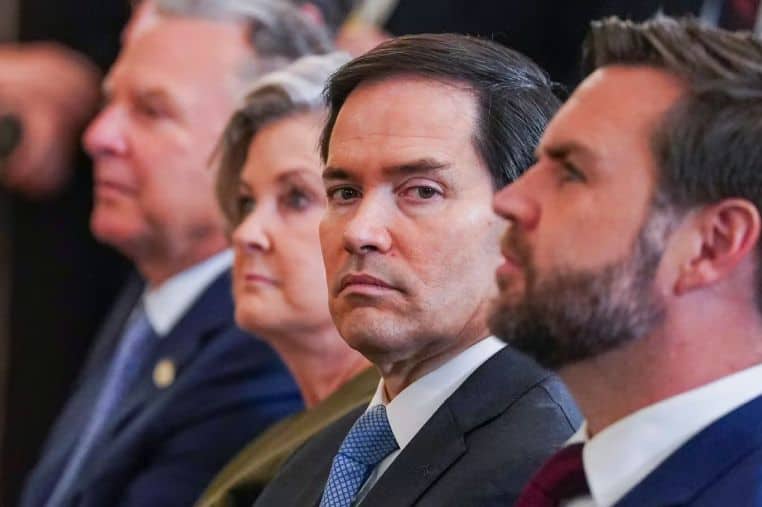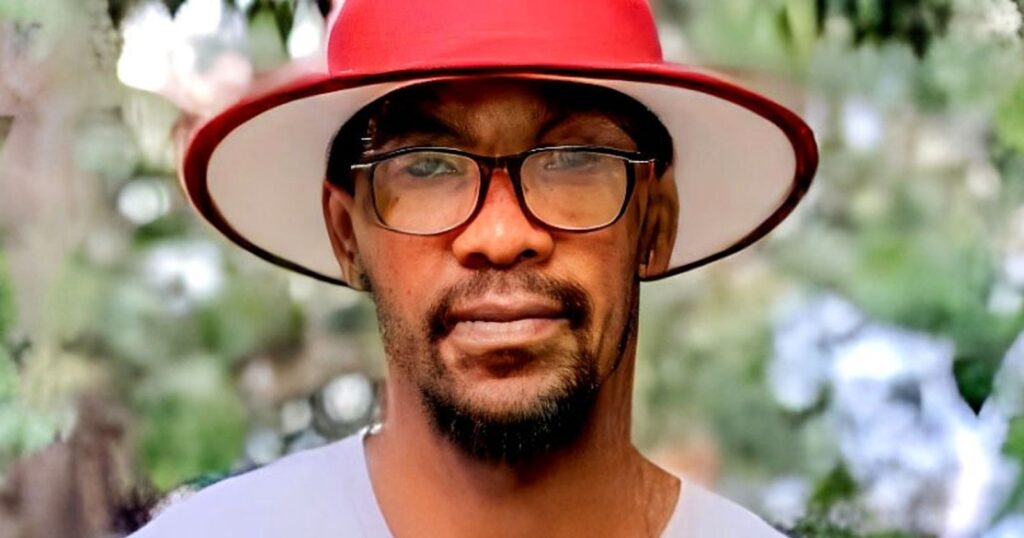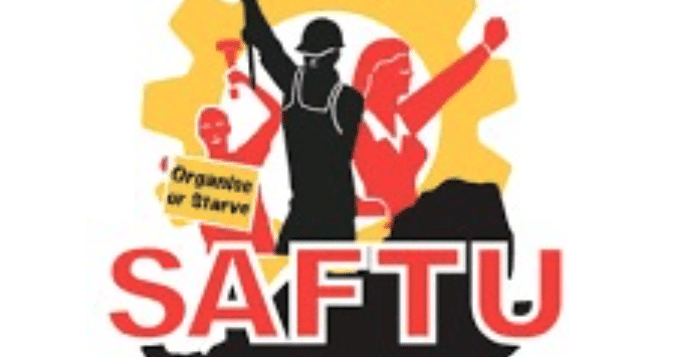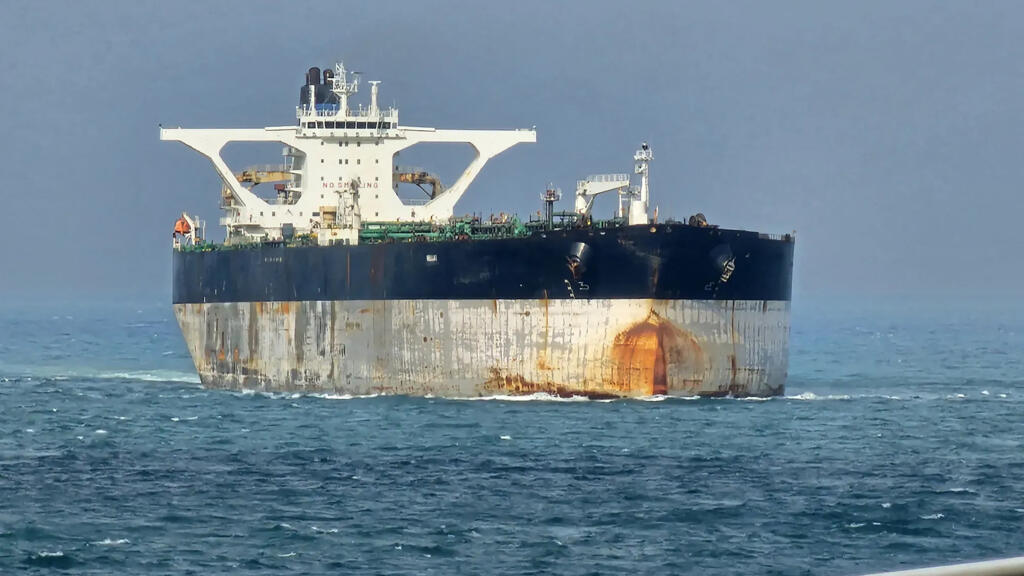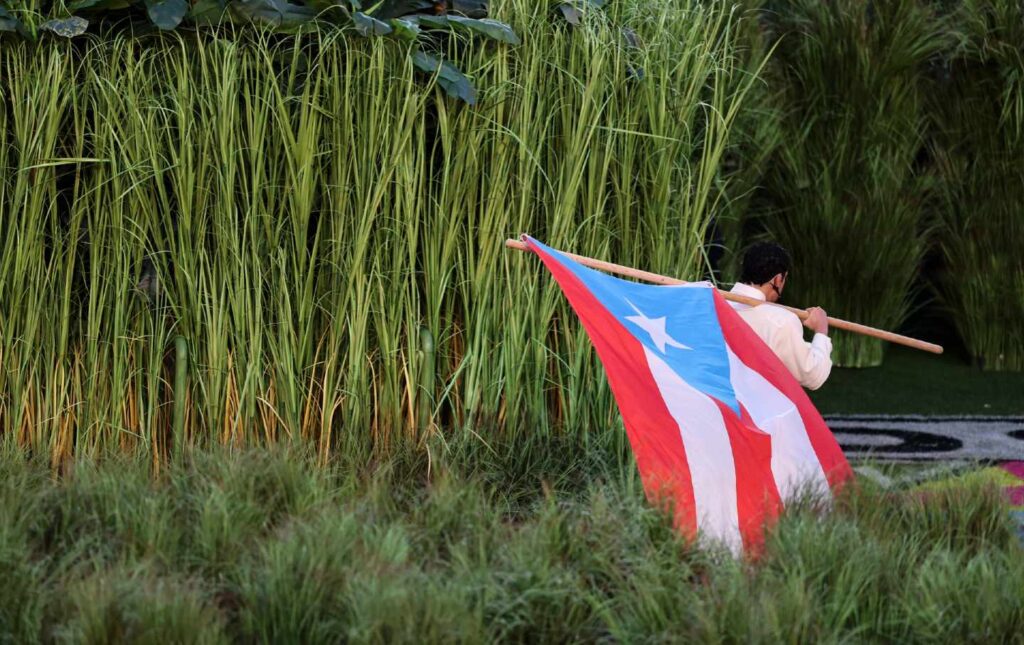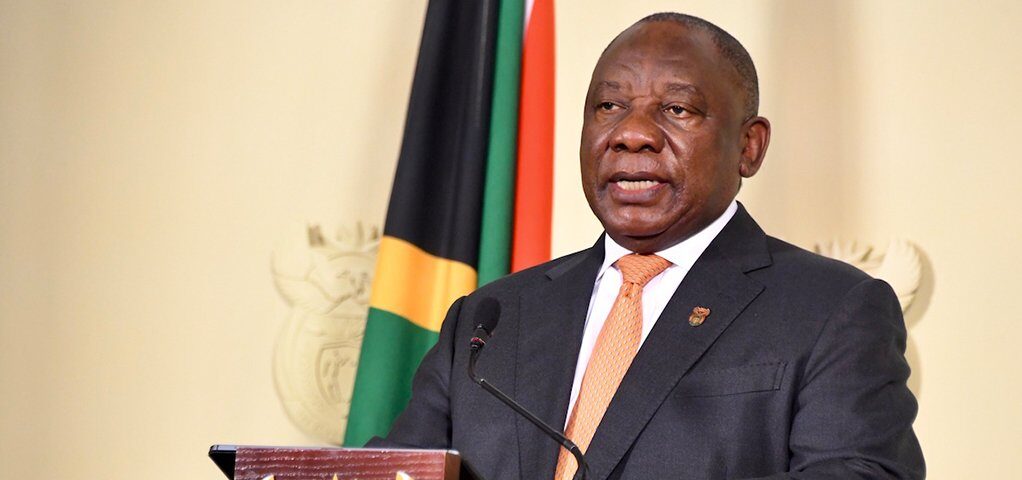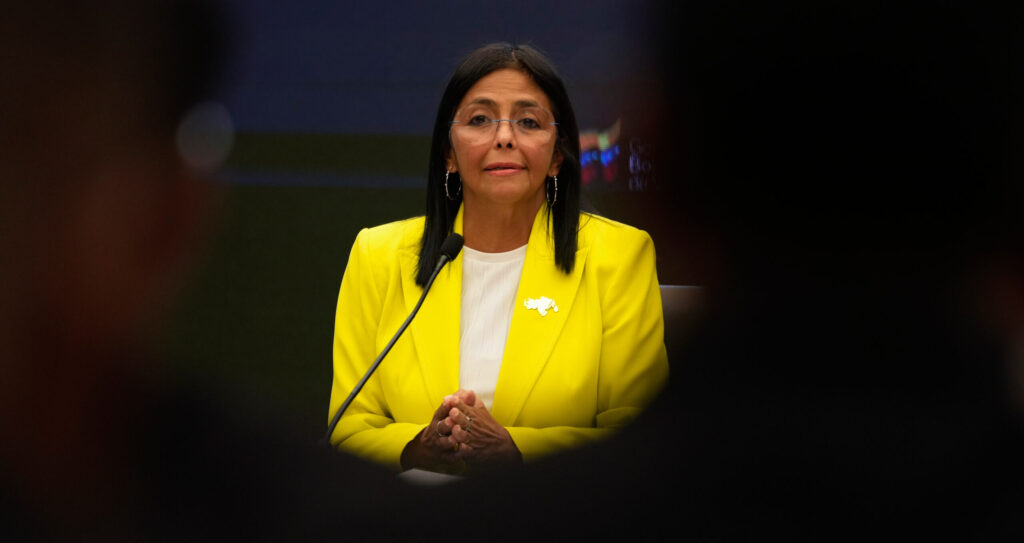AFRICA IS A COUNTRY
By William Shoki
Central Bank of Sudan, Khartoum, 2025. AFP/Getty Images.
By now, we’ve all seen the images from Gaza. Of starving children, of skeletal arms, of babies so thin they resemble ghosts. Rightly, the world has turned its attention to this horror, however belatedly. What is harder to explain is why Sudan’s starvation crisis—just as urgent, just as human—barely registers in the global imagination. Why does it come only as a footnote? Why is it that certain forms of suffering seem to trigger outrage and mobilization, while others are quietly endured in the background?
Sudan is currently facing the world’s largest hunger crisis. Since famine was officially declared a year ago in August 2024, conditions have spread across much of the country. More than 24.6 million people (which is half the population) are now acutely food insecure. More than 635,000 are in confirmed famine, with many forced to eat animal feed to survive. The war has displaced 12 million, decimated agriculture, destroyed health infrastructure, and choked off humanitarian aid. Blockades and targeted violence have made relief delivery nearly impossible. It is not a looming threat. It is here, and it is deadly.
It is not merely a matter of timing or bandwidth. There is a deeper, often unspoken hierarchy at work: of which victims are seen as politically legible, whose deaths resonate, and who is allowed to signify more than tragedy. In that hierarchy, Sudanese lives are treated as surplus: acknowledged only when necessary, mourned only when convenient.
Even in well-meaning conversations, Sudan is often invoked as a kind of add-on to global grief. We say, “And don’t forget Sudan,” as if our very act of remembering should count for something. Sometimes, the invocation is worse than shallow; it’s cynical. In a recent interview with Isaac Chotiner in The New Yorker, for example, the right-wing Israeli journalist Amit Segal dismissed the Gaza famine as propaganda and then pivoted: “What about the seven million displaced in Congo? Or the massacre of Druze in Syria?” The implication was clear. Our empathy is selective, and our outrage is politically motivated.
He’s not entirely wrong to note the inconsistency. But he is wrong, dangerously so, in what he does with that observation. The point of naming forgotten crises should never be to justify the erasure of others. And yet, this is the rhetorical move so often made: a kind of moral whataboutism that treats Sudan as a shield against accountability elsewhere. As Yassmin Abdel-Magied writes in her recent scorching satire, “How to Write About Sudan,” the country is rendered invisible even in the act of being invoked.
Part of the reason, I suspect, is narrative. As I have written about before, Gaza offers a clearer villain. The West’s complicity in Israel’s genocide is flagrant, its history sordid and specific. Sudan appears messier. Its war does not conform to the linear morality of occupation and resistance. It is framed instead as a “civil conflict,” a war of tribes or factions, fought by unknowable actors with inscrutable motives. This framing not only distorts reality, but it also lets everyone off the hook. It allows external powers to intervene, profit, and withdraw without ever assuming responsibility. It also anesthetizes the public, who might otherwise ask harder questions. Why did the democratic revolution fail? Who benefited? How did the world respond to Sudan’s demand for freedom, peace, and justice? These are uncomfortable questions. It is easier to reach for generic tropes of “chaos” and “violence,” to let vagueness masquerade as complexity.
Sudan’s revolution—the mass, civilian-led uprising that unseated Omar al-Bashir in 2019—was one of the most inspiring political movements of the last decade. It brought together workers, students, neighborhood committees, and women’s groups under the banner of real structural change. Its slogan, “freedom, peace, and justice,” was not rhetorical. It was programmatic. And it was met with bullets, betrayals, and, eventually, the return of military rule. The war that now consumes Sudan is not simply a power struggle; it is a counterrevolution that aims to extinguish the radical political imagination that briefly flourished. But crucially, Sudan is not just being crushed from within. It is being consumed from without.
The war has been prolonged and exacerbated by foreign powers, particularly the United Arab Emirates. Gold flows from RSF-controlled mines to Dubai. Arms flow in the other direction. The UAE—that glitzy outpost of global capitalism—has become the logistical and financial center of a war it pretends to observe from afar. Its role is not accidental or hidden; it is strategic, deliberate, and increasingly normalized.
What do we do when the epicenter of barbarism is also a favored tourist destination? When the same state that funds militias in Sudan also funds art fairs in Venice, buys football clubs in Europe, and sponsors climate conferences in the West? In Dubai, Caitlín Doherty writes, “you can buy the purest form of the most heinous commodity: the exploitation of others.” The city is not a contradiction; it is a model that people in the West and increasingly in the global South look at with covetous eyes. A model of capitalism stripped bare, with no elections, no labor rights, no social contract—only hierarchy, spectacle, and extraction. This fantasy does not merely mock Sudan’s aspirations, but helps shape them. The UAE’s hypercapitalist authoritarianism is not only a destination for Gulf tourists or Western investors, but is also a template, increasingly projected onto countries like Sudan by warlords, donors, and technocrats alike. As the war splinters the country, external actors scramble for gold, ports, and farmland, remaking Sudan not as a sovereign state but as a zone of rent-seeking and control, a new frontier for the Dubaification of empire.
Nor can we ignore the complicity of African institutions. The African Union, despite suspending Sudan’s membership after the 2021 coup, has struggled to mount a response adequate to the scale of the country’s collapse. It has convened high-level panels, condemned attacks on civilians, and called for a Sudanese-led peace process. But these efforts have remained fragmented and procedural, emphasizing elite dialogue over political clarity. Even its recent recognition of a transitional civilian figurehead has drawn concern for legitimizing the status quo rather than transforming it. The AU’s crisis management model, brokered settlements among ruling elites, reflects a deeper orientation: one that prioritizes regime continuity over popular legitimacy.
The same is true of the Intergovernmental Authority on Development (IGAD), the East African regional bloc that includes Sudan and its neighbors. Long involved in Sudanese peace efforts, IGAD has hosted mediation talks and proposed roadmaps, but has failed to enforce a ceasefire or ensure humanitarian access. Its influence has been blunted by internal divisions—its member states backing opposing sides in the conflict—and by its tendency, like the AU, to treat Sudan’s war as a problem to be managed, not a rupture to be understood. As Razaz Basheir shows in our special issue, this approach reflects more than just diplomatic failure. It reveals a continental political architecture that treats the state as a club of rulers, and diplomacy as a matter of procedural consensus rather than structural transformation.
Nor is the West uninvolved. Though the war may lack a straightforward narrative of colonial continuity, it unfolds within systems deeply shaped by Western infrastructure: arms, finance, and diplomacy. While the UAE and Egypt arm the belligerents, Western governments maintain banking sanctions that, in practice, isolate ordinary Sudanese from receiving remittances or aid. These measures (justified as pressure tools against military elites) are enforced with such over-compliance that they have rendered even humanitarian transfers near impossible. In effect, the very architecture of “compliance” has become a weapon of war. Sanctions now deepen the famine they claim to oppose.
Meanwhile, the United Nations persists in recognizing the Sudanese Armed Forces as the country’s legitimate government, allowing it to control the flow of humanitarian aid, deny access to RSF-held areas, and block cross-border routes. Yet Sudan, as Joshua Craze argues, has no state in any meaningful sense. Both the SAF and the RSF are military-commercial cartels, interested less in governance than in territorial rent extraction. They both restrict aid. They both weaponize hunger. And they both export gold to the same foreign buyers.
Across Sudan, especially in cities like Khartoum, Port Sudan, and El-Obeid, networks of ordinary people have formed emergency response rooms to provide what neither state nor aid agency will: food, water, medical care, shelter. These efforts are fragile. Supplies are scarce. Volunteers are exhausted. But they endure. They remind us that Sudan’s revolution did not disappear but was simply forced underground. These mutual aid networks are not just acts of survival. They are political refusals that insist that another Sudan is still imaginable, even when the world has moved on.
It is easy, when writing about Sudan, to fall back on the spectacle of suffering. To invoke starvation as a moral climax. This essay could have easily fallen into that trap. But starvation in Sudan is not just a symptom. It is a system. It is the culmination of decades of elite misrule, external meddling, and the strategic governance of hunger. If there is urgency here, it is not only to save lives, but to see clearly the structures that extinguish them.
Republished from Africa is a Country
